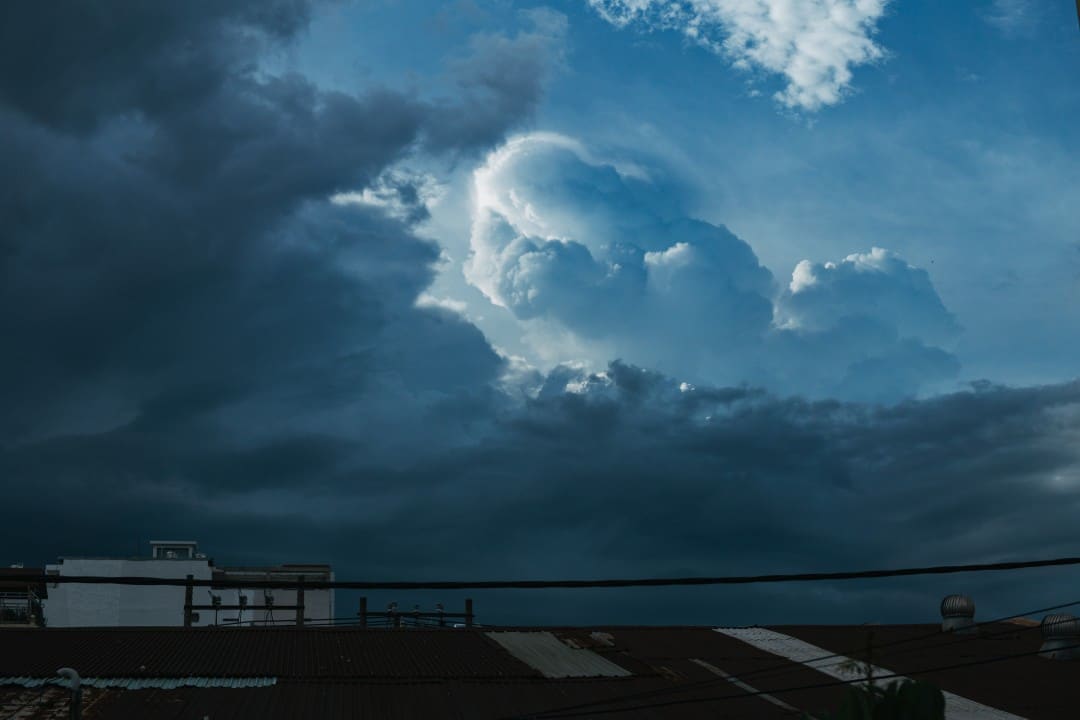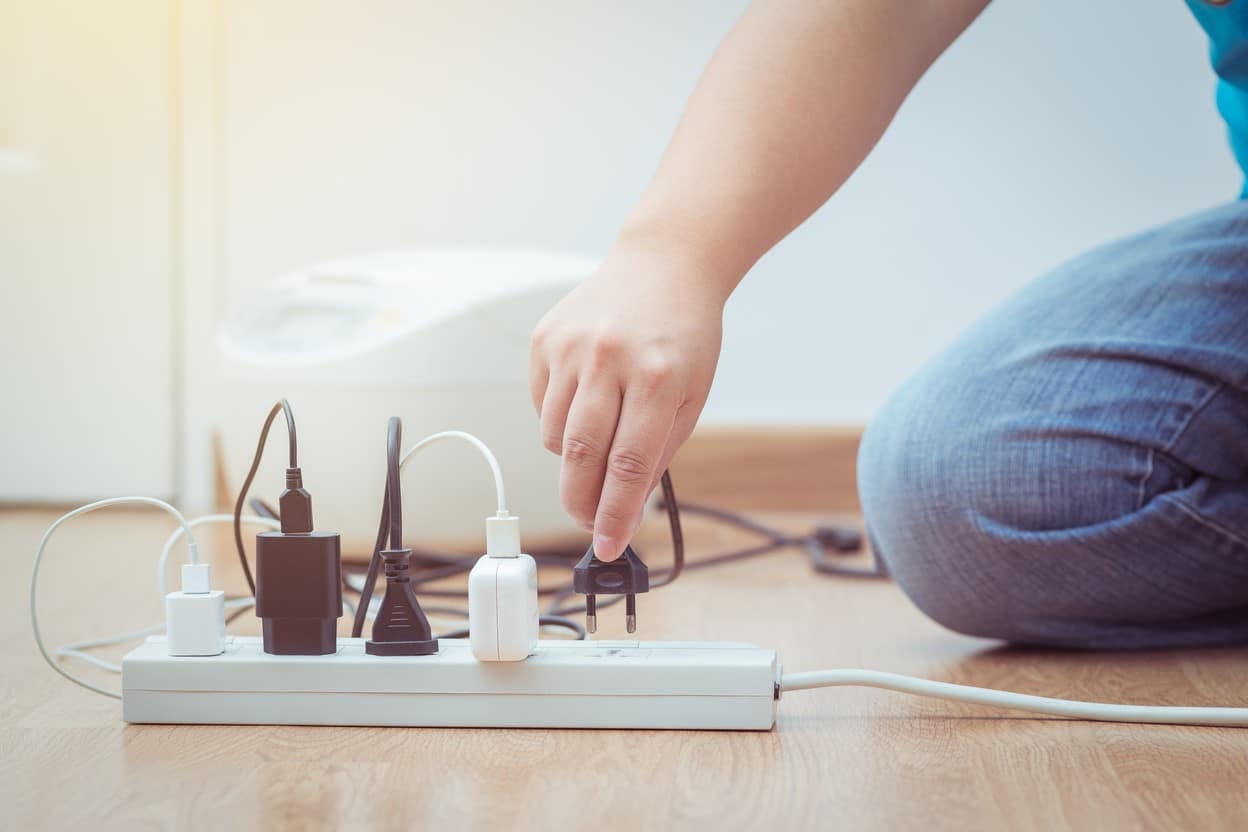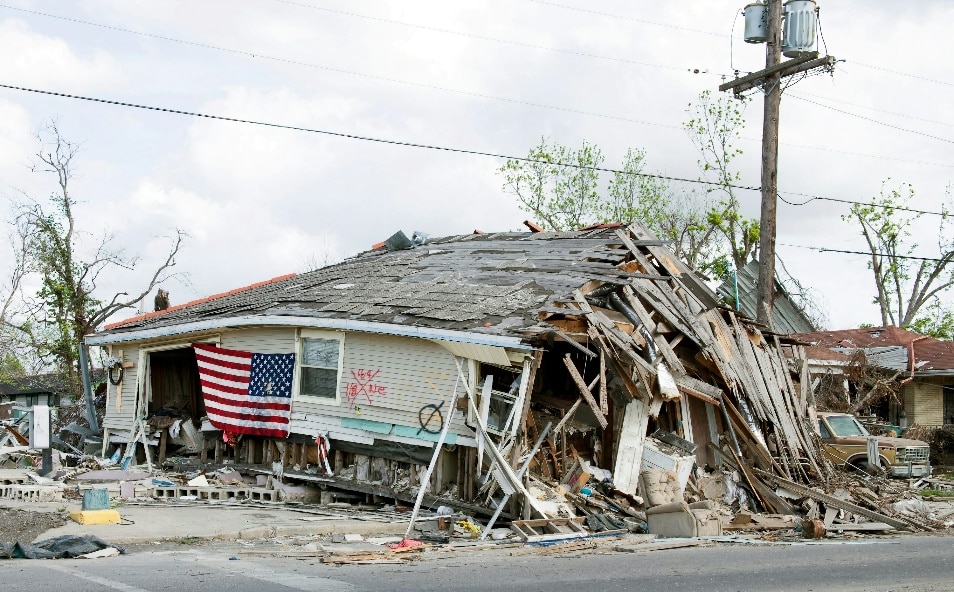Weather Impacts on Electrical Systems: Fuse Service Guidance
The weather can really change a lot of things in our daily lives, from the safety and working of home electrical systems to the interior environment of our homes. Hence, when it is hot in summer and cold in winter, the changing weather conditions put a strain on these systems, which could then result in electrical faults and safety risks.
The article will discuss in detail how weather affects electrical systems and the common issues that homeowners might face, as well as ways that you can do to protect your house.
Ensuring home electrical safety and protection is essential for the well-being of your household, and with the right guidance, you can safeguard your home against severe weather conditions.
How Various Weather Conditions Affect Electrical Systems?

Weather conditions are the key factors that directly determine the efficiency and safety of residential electrical systems. Under extreme hot weather conditions, electrical systems tend to overheat, which makes them trip the circuit breakers more often.
It is so because high temperatures make the demand for air conditioning increase, thereby, forcing the electrical circuits to work more than their capacity. On the other side, cold weather can lead to wires contraction making them brittle and hence the risk of damage and power outages will be increased.
Humidity and moisture are also the key components of threats. Heavy rain, flooding, or high humidity can foster live things like electrical panels, outlets, and wiring, causing short circuits and eventually burning them out.
Lightning storms may be another major concern; a lightning strike can cause a power surge that damages appliances and electronics or, worse, starts a fire. Therefore, understanding how various weather conditions can affect your electrical system is the first step toward effective home electrical protection.
Common Electrical Issues Caused by Weather
When it comes to unfavorable atmospheric conditions, a number of common electrical problems arise. Such as a power surge incident, an example of which is a lightning strike or the sudden restoration of power after an outage. Such surges can cause appliances, circuit board fry, and electrical fires as well.
Sometimes, water will seep under the roof and short-circuit the electrical appliances, or even corrode them after heavy rains or flooding periods. On the other hand, the more significant risk is the danger of electricity causing shock and fire if the problem is not dealt with in time.
Pipes bursting due to extremely low temperatures can be a source of water exposure in areas where the electrical systems are located. The same will get worse with the risk of electrocution or fire.
Windstorms can also knock down power lines, leading to outages and potentially dangerous situations if live wires come into contact with structures or the ground. As a homeowner, recognizing these common issues is crucial for maintaining home electrical safety.
Tips to Safeguard Your Home’s Electrical System During Severe Weather

Proactive measures are the main way of making sure that your home’s electrical system is reliable and safe during severe weather. Here are some tips to help you protect your home:
- Install Surge Protectors: Strongly recommend consuming the whole house type surge protectors as they can greatly eliminate the dangers the electrical system exposes to damages incurred by lightning and other disruptions. Such appliances transfer and save electricity from your appliances like washing machines and electronics.
- Seal Electrical Outlets and Panels: Make sure that all outdoor electrical outlets and panels are sealed tight and no water will get inside. Waterproof outlets and regular checks of seals on the electrical panels are enough to do this.
- Trim Trees Near Power Lines: Trees should be trimmed regularly near the power lines in order to avoid outages or damage by branches falling during storms.
- Backup Power Supply: Think along the lines of a power reserve generator that could sustain power to critical systems in case of power cuts. This is especially important for maintaining home electrical protection during extended periods of severe weather.
- Regular Inspections: Get a residential electrician to check your electrical system on a regular basis, particularly before and after bleak weather seasons, to detect and correct possible problems.
Signs of Electrical Damage to Look For
Finding out the early signs of electrical damage can avert the occurrence of more hazardous complications in the future. The most frequent signals of electrical damage incurred from the weather are:
- Flickering Lights: Frequent flickering lights can indicate an overloaded circuit or damaged wiring.
- Burning Smell: If you detect a burning smell near outlets or switches, turn off the power and contact a residential electrician immediately, as this could signal a fire hazard.
- Discolored Outlets: Outlets that appear discolored or scorched may have been exposed to moisture or a power surge.
- Buzzing Sounds: Unusual buzzing sounds coming from your electrical panel or outlets can indicate a serious issue, such as a loose connection or faulty wiring.
- Tripping Circuit Breakers: If your circuit breakers are tripping frequently, it could be a sign that your electrical system is struggling to handle the load or that there’s a fault somewhere in the wiring.
If you notice any of these signs, it’s crucial to consult a professional, such as the experts at Fuse Service, to assess and address the problem promptly. Don’t wait for a problem to arise—protect your home today by consulting with residential electricians who can offer expert advice and services tailored to your needs.
In Conclusion
Weather conditions can significantly impact the safety and functionality of your home’s electrical system. By understanding the potential issues and taking proactive measures, you can ensure home electrical safety and protection during severe weather. Regular maintenance, coupled with professional inspections, can help mitigate the risks associated with weather-related electrical damage.







